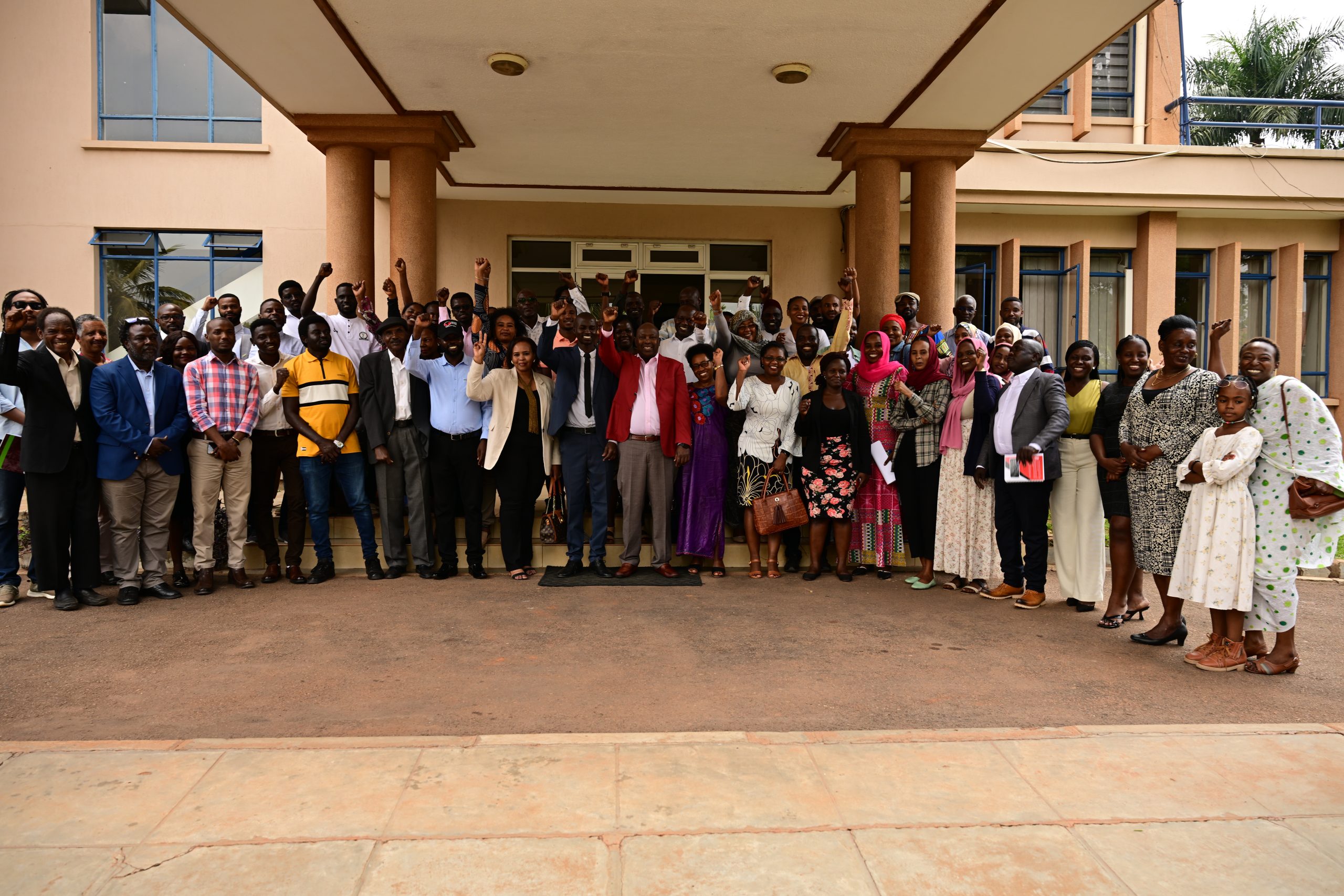Sudan Defenders August Newsletter

Greetings from Sudan Defenders!
August was a historic month as we officially launched the Sudan Human Rights Defenders Coalition (Sudan Defenders) Office at the Human Rights House in Nsambya, Kampala, on August 8, 2024. This office will serve as a safe space for human rights defenders (HRDs) working amidst the volatile situation in Sudan. We were honored to host 60 guests during the lauch from various organisations and individuals.
Although the initial plan was to establish the Sudan Defenders Coalition office in Sudan, the ongoing conflict, now over a year-long, has made that impossible. We are, however, grateful to have a safe space for our operations in Kampala, Uganda. The launch of this office marks a significant step in providing HRDs with the support they need in their relentless battle. HRDs in Sudan face immense challenges, including constant attacks from the Rapid Support Forces (RSF) and Sudan Army Forces (SAF), as well as other warring factions. The civic space is continually shrinking, making it increasingly difficult for HRDs to effectively monitor, document, and report the widespread human rights violations taking place in the country.
The office was officially launched by Hassan Shire, Executive Director of the East and Horn of Africa Human Rights Defenders Project (DefendDefenders) and Chairperson of the Pan-African Human Rights Defenders Network (PAHRD-Net). His leadership has been instrumental in the formation, strengthening, and ongoing support of our coalition. I am particularly grateful for the contributions of Majid Maali, the Sudan Country Coordinator at DefendDefenders, whose dedication helped turn this vision into reality. I also want to extend my gratitude to the entire Sudan Defenders team, whose hard work ensured the success of the launch.
Back home, the Geneva talks were instrumental in showcasing the power of international diplomacy in addressing the acute hunger and famine caused by the war. These talks led to the opening of the Adre crossing on the Sudan-Chad border, with estimates suggesting that this access route will enable aid groups to reach 20 million people with lifesaving food, medicine, and other essential aid. The reopening of this critical corridor is a step in the right direction toward alleviating the widespread suffering of the people of Sudan.
In this edition, we bring you the powerful testimony of a Sudanese Human Rights Defender (HRD) who has faced unimaginable challenges during the recent floods and shelling by the Rapid Support Forces (RSF). As the ongoing conflict and natural disasters continue to devastate communities, HRDs like Mohammed Suliman stand resilient, working tirelessly to protect human rights despite the
immense personal and collective losses they endure. Through his story, we aim to shed light on the harsh realities on the ground and honour the bravery of those committed to defending human dignity under the most extreme conditions.
I invite you to read our August Newsletter here.
Adam Musa Obama
Executive Director
